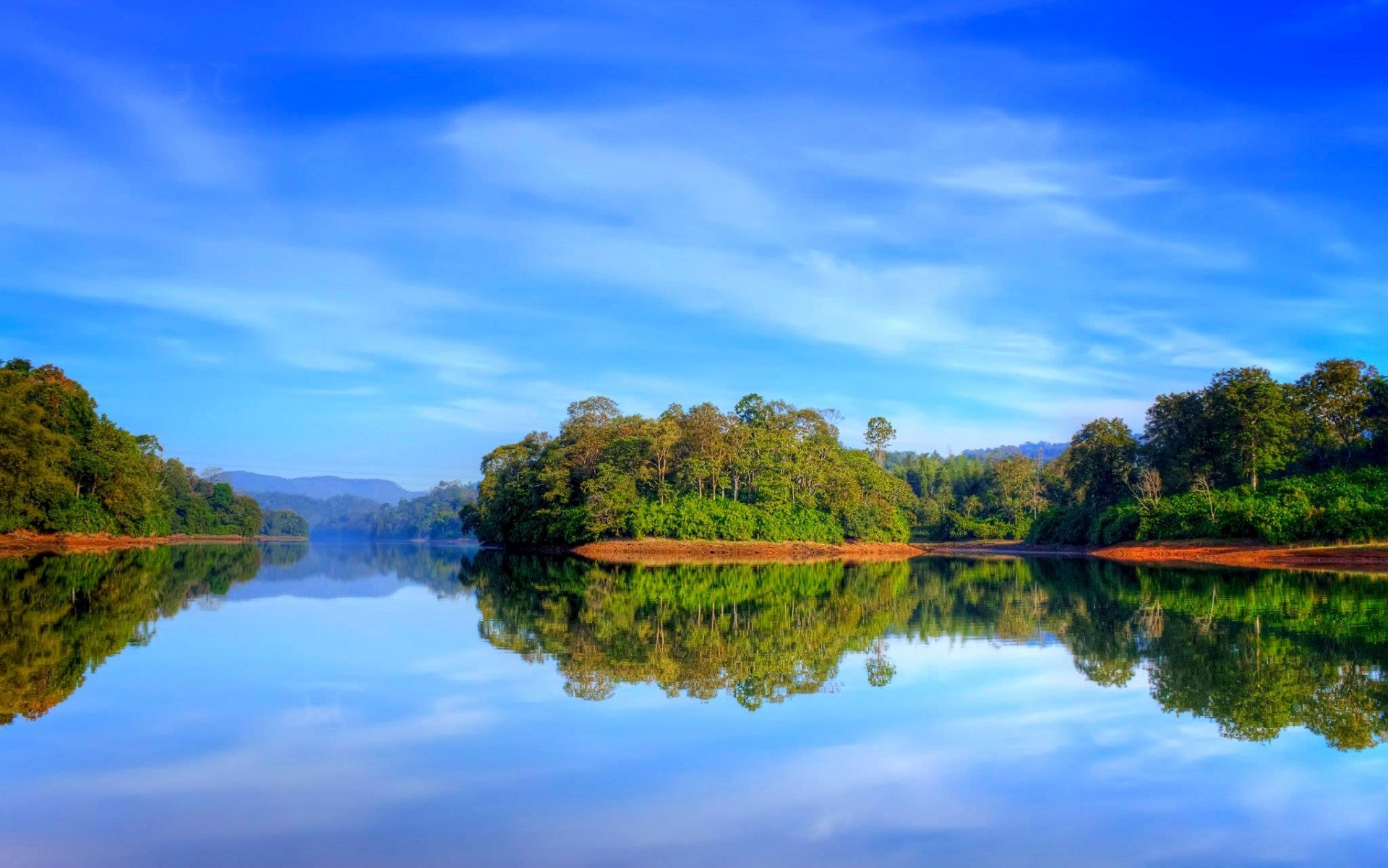Biodiversity and Ecosystems Management – AJSA India
Non-profit organization, Charitable cause, Social impact, Community service, Volunteer opportunities, Donate, Impactful giving, Sustainability, Philanthropy, Social responsibility, Humanitarian aid, Non-government organization, Community development, Global outreach, Compassionate giving, Human rights, Social justice, Empowerment, Environmental protection, Disaster relief, Top Indian NGO, Best NGOs of India, Top Rated Charity of India, Donate to a charity, NGO working for children, NGOs working for children, Education NGO, NGO working for children, NGO working for women, NGOs in India, Charity foundation in India, NGO working in Odisha, Odisha NGO, Top NGO of Odisha
12452
page-template-default,page,page-id-12452,theme-burst,mkd-core-2.1.2,woocommerce-no-js,ajax_fade,page_not_loaded,,burst-ver-3.5, vertical_menu_with_scroll,smooth_scroll,woocommerce_installed,blog_installed,wpb-js-composer js-comp-ver-6.9.0,vc_responsive
Biodiversity and Ecosystems Management
AJSA mitigating environmental degradation through Biodiversity Conservation & Ecosystem Restoration, Integrated watershed development & Water Governance Stewardship. AJSA also works to protect coastal wetlands, mangroves to mountain forests and more through conservation, restoration and equitable management. Protecting these ecosystems is especially important given the global climate catastrophe. That’s because, in addition to protecting the habitats of endangered species, we are particularly focused on keeping carbon dioxide, an important greenhouse gas, out of the earth’s atmosphere.
Similarly, the ocean, drives global systems that make the Earth habitable for humankind. Our rainwater, drinking water, weather, climate, coastlines, much of our food, and even the oxygen in the air we breathe, are all ultimately provided and regulated by the sea.
Saving our ocean must remain a priority. Marine biodiversity is critical to the health of people and our planet. Marine protected areas need to be effectively managed and well-resourced and regulations need to be put in place to reduce overfishing, marine pollution and ocean acidification.
AJSA works with coastal communities to promote ocean-based livelihoods and to lead sustainable development efforts. The organization has been also Strengthening of Ecological infrastructure to buffer against climate-induced hazards, supporting climate-resilient coastal livelihoods, and enhancing climate-risk-informed cross-sectoral planning and governance of the coastal zone in Convergence with the Government. AJSA has been playing a pivotal role in classified as “vulnerable”, the Pacific Ridley Sea turtle, more popularly known as the Olive Ridley Turtle (Lepidochelys olivacea), inhabits tropical and warm waters of the Bay of bengal regions through its BoB Turtle Conservation Program to protect turtle breeding sites on beaches.

Together, We can help save endangered olive ridley turtles.
Creation of Community Forestry- From the beginning AJSA promotes Social Forestry because it supports sustainable livelihoods and recognizes the rights of individuals to forest resources. AJSA motivates communities to collectively manage their social forestry plantations: These activities raise the income of the community and the community-management andsharing of the benefits develop community unity. Today there are about 64 villages level FPCs covering and protecting around 16654 hectares of forests in Bongomunda and Beguniapada blocks of Bolangir and Ganjam districts in Odisha, Now these forests are now totally in community control. Each family used to contribute some amount of food grain every month to meet the expenses of the protection work. These strategies not only raise community income, but also increase the sense of community ownership of resources through the cooperative management of land. This has now become the one of the best success stories regarding safeguarding a forest through community participation. Villagers guard the nearby patches with ‘lathis’ to ensure that the ecosystem is protected. As a result of the vigil, tigers, which had once disappeared from the area, have reappeared in the Barkani village as reported this year by some of the villagers.Now women’s are taking active part in forest protection, by making groups in villages like batharla, Barkani, Kurlubhata.


 En
En
 Fr
Fr
 Ge
Ge
 It
It



















